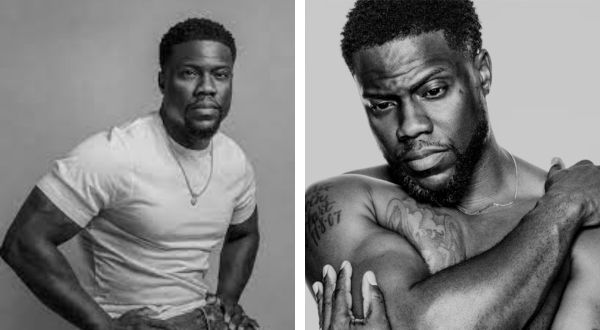Chris Brown has a long history of abusing women, with the 2009 abuse of Rihanna being the most notable example, says the writer.Image: Bryan Steffy
Women For Change has created an important petition, calling for the cancellation of the upcoming Chris Brown concert.
Chris Brown has a long history of abusing women, with the 2009 abuse of Rihanna being the most notable example. The Women for Change petition has been polarising, with some celebrating the activism and support for women, even when it seems “unpopular” to do so. Others have rushed to social media to defend the American singer, sharing their excitement about attending the concert.
The sad reality is the Women For Change campaign is unlikely to succeed given that the tickets sold out in a matter of hours. SA prioritises profit over everything, over social wellbeing, over protecting vulnerable groups, its own state agenda or other important social factors.
But this is an important campaign because it drums up awareness and holds a mirror to our society, reflecting the lengths we will go through to defend patriarchy.
The overwhelming support for Chris Brown in a country that has been labelled the rape capital of the world, shows we are unwilling or unable to understand how we gained this jarring reputation. Patriarchy is at the centre of it all. Radical feminist scholar, Sylvia Walby, offers a deeper discussion on patriarchy.
Broadly, patriarchy is a social system that prioritises men and sees them as superior to women and is rooted in the oppression and marginalisation of women.
Walby identifies six social structures and practices that create or reinforce patriarchy, namely:
- Household production which includes everything from the hierarchy of importance within the family, women’s roles often being seen as inferior and unpaid domestic work.
- Labour, where women are either excluded, discriminated against and/or paid less.
- Culture, which entails ideologies and praxis that portray women as inherently inferior.
- Sexuality ensures that women’s sexuality or sexual expression is more controlled, while men have more freedom. Women have less bodily autonomy and agency.
- Violence, gender-based violence and sexual abuse give men power over women, leaving women subdued and fearful.
- Finally, the state and related structures like legal systems, policies and so on have a long history of perpetuating systematic and direct violence against women.
These six structures of patriarchy seldom exist in isolation.
A single event could see one or more of these structures at play, which is why in part it becomes difficult to ensure justice in individual cases or to even dismantle patriarchy as a whole to protect everyone (including men) from the harm patriarchy causes.
Women’s advocacy group wants Chris Brown to be barred from SA due to abuse history
Last week, the news of American singer and dancer Chris Brown’s scheduled performance on South African shores spread like wildfire. And though many …News1 month ago
Intersectional scholars and activists such as Audre Lorde, Kimberlé Crenshaw, Bell Hooks and Patricia Hill Collins further help us understand the complex cocktail of oppression when patriarchy is met by other social identities perceived as negative, including race, class and religion.
These two theoretical approaches provide a lens for society to understand gender and different forms of oppression so we might be better able to address them.
The structures of patriarchy active in our seemingly more relatable systemic oppression and lives as South African women are the same, even though the events and experiences of abuse might appear to be different. It is the same structures of patriarchy that oppress us daily, that enable and empower artists like Chris Brown, P Diddy, R Kelly or Harvey Weinstein to rise to such prominence despite being known abusers for decades.
To protect and celebrate these people and systems the way we have done is to preserve and defend the very same oppression we go through in our daily lives.
We have seen influential celebrities and leaders we love and look up to support Chris Brown or criticise Women For Change’s boycott and in doing so have attempted to compartmentalise abuse as separate from Chris Brown’s artistry and work.
This is not true, many of these men mentioned above, use their places of work to enact their terror. Their connection to media and ability to shape and inform culture sees them normalising their violence or discrediting victims. We believe them because we are moved by their work and do not want to believe that such talented people can be so vile.
SA has its fair share of these kinds of demonic perpetrators who hunt women for sport. The problem with our division as a country over issues like this Chris Brown boycott, is that we believe we are different and have therefore transcended some of the patriarchal oppressions.
Patriarchy treats everyone with the same brutality and we must understand that intersectional politics interact with patriarchal structures to create shared oppression and violence.
We must see ourselves in the experiences of the women who come forward against artists like Chris Brown because it could easily be one of us.
In the rape capital of the world, this threat of violence follows us everywhere, in churches, our homes, work, school and even mundane places like the post office.





